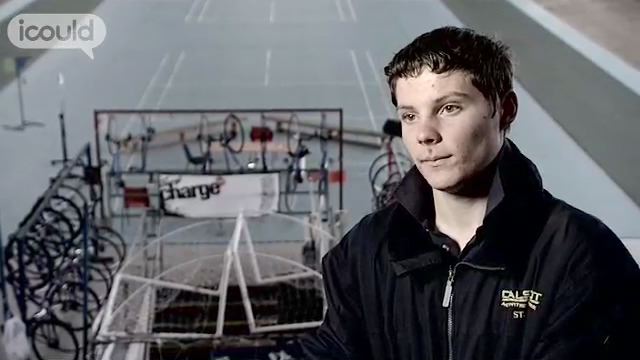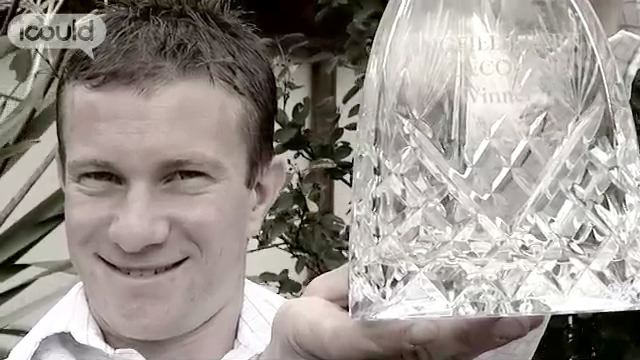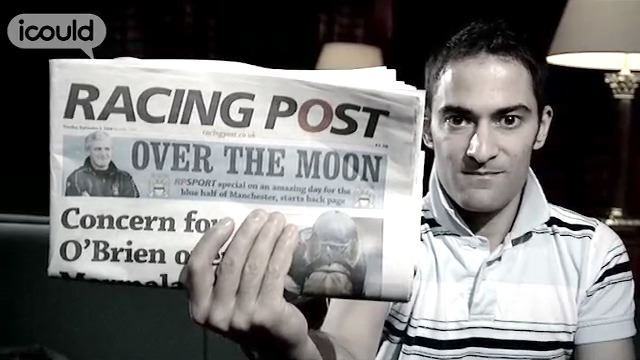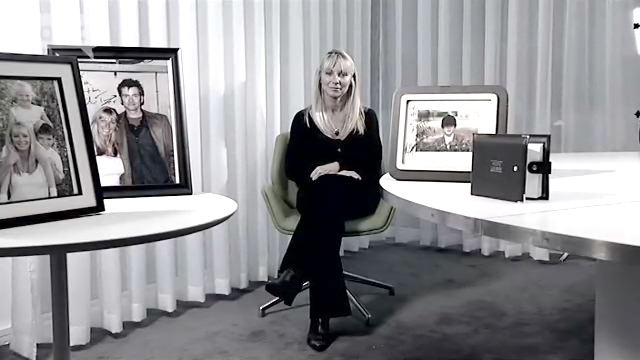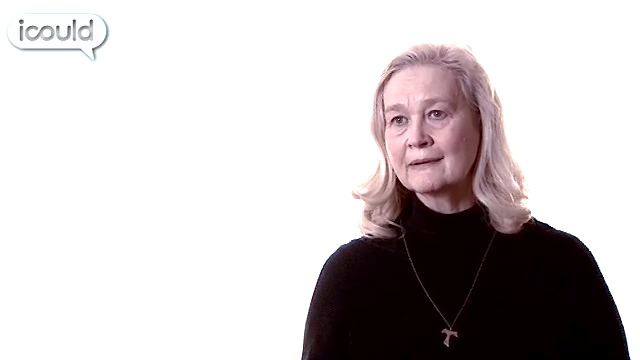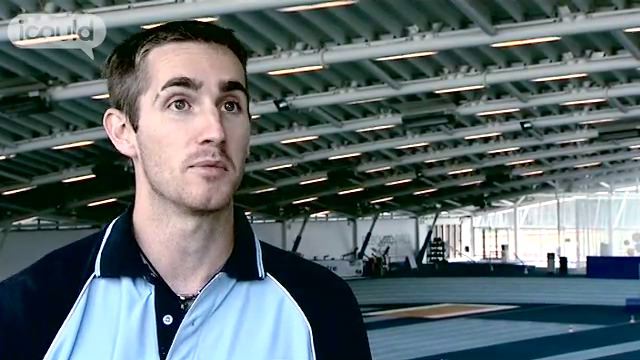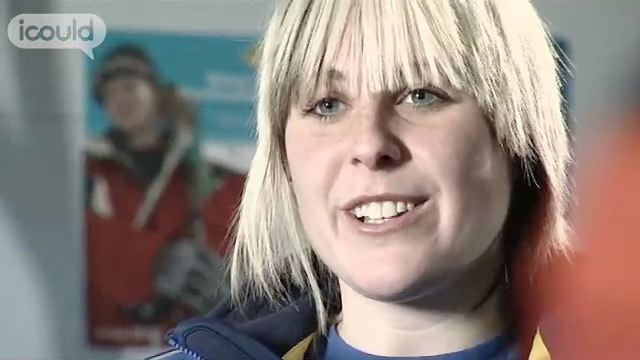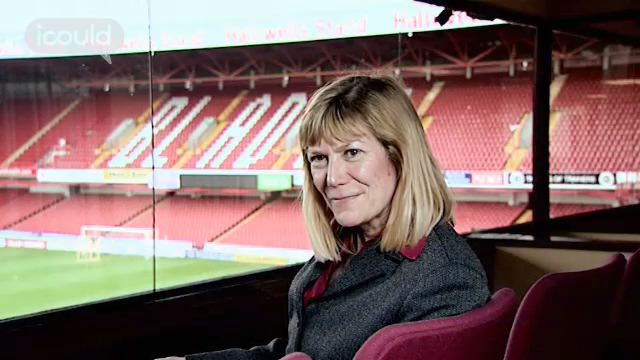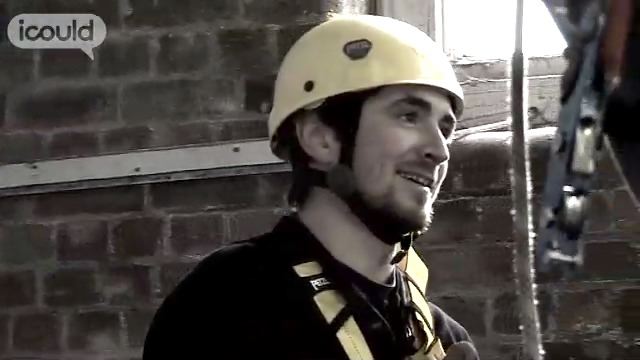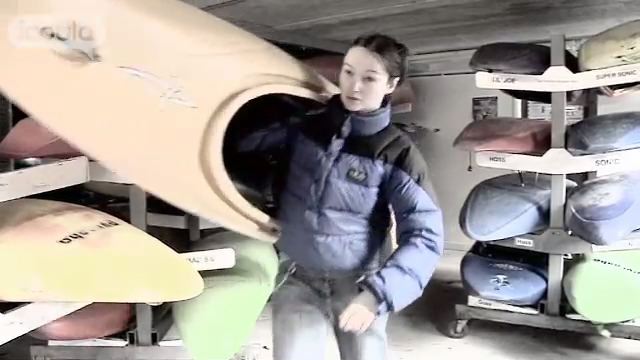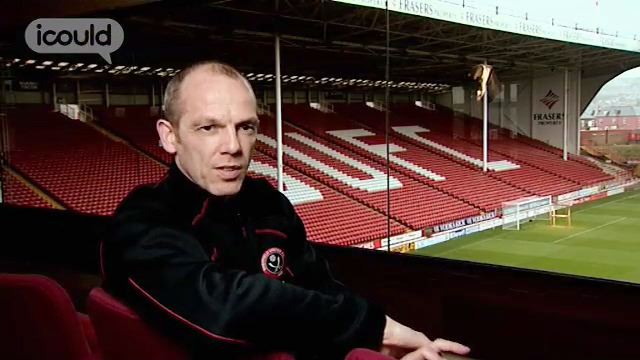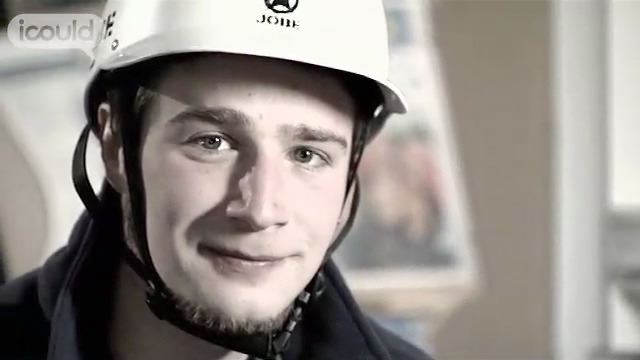Activity Instructor
Calshot Activities Centre
Kelvin H
00:00:03 My name’s Kelvin H, I’m an Activity Instructor at Calshot. My job role’s mainly teaching kids, and adults, how to do the activities that we have here.
00:00:15 So teaching kids for me is – it’s very challenging, but it’s also very rewarding as well. Sort of sometimes you get there really nice groups that you teach things quite easily, sometimes you get groups that are quite challenging. For me it’s a big reward, especially here at Calshot where you’ve got the climbing wall, with kids that are a little bit scared of heights. Getting them to the top of the wall and coaxing them to the top of the wall is a big reward for them, it’s also quite a big reward for you as well.
00:00:39 Yes, so when I was seven I got involved in kayaking. Since then I’ve continued to get involved with the Outdoor Centre that I was local to. My Dad then took over the Centre, and I just got dragged over more and more and continued to do it, and from then on in really I’ve just been continuing to do that. I never really strayed off sort of the water sports area. It was a little bit of a weird experience, I mean I started at quite a young age, at 16, so I was teaching kids that was only a couple of years older than me. Sometimes I taught kids that were a lot older than me. Sort of sometimes I’d be 16, and I’d be teaching Sixth Formers that were 18, 19. So that sometimes would be a little bit awkward when you’re telling them not to do that and they’re bigger than you. (LAUGHS)
00:01:16 But again you sort of just get used to it and you just keep on going with it. I think confidence was a big thing, knowing that sort of you teach adults, adults is quite easy ’cause they respect you and they listen to you, and younger kids again they respect you and listen to you. When you get the age group that are just slightly older than you, and sort of when they sort of start to respect you and start to listen to you, then it’s a bit of an achievement in itself, you know the week’s gone OK.
00:01:38 I mean I was a big Drama fan and I always thought I might become an actor, but just with the constant kayaking and sailing that I did when I was younger, I think that just took over and I just went for that really. Sort of in the summer holidays when my Mum would be at work, my Dad would have to go over to the island, so I got dragged along too. I used to hate it to start off with, but then you obviously get used to it, and sort of it’s the career path I’ve chosen now.
00:02:02 I think one of the biggest turning points for me was when I went straight from school, straight into full time work at the Centre, not a lot many kids do, and it’s something that I went straight into and had to very quickly learn how you do the tricks of the trade and how real life works. It was a bit of a sort of a jump really from sort of a normal, easy school life to straight into work. But I got into it reasonably well and sort of got on with it. I think it helps a lot that I was doing something I enjoyed doing, rather than doing something that you possibly don’t enjoy doing. So I think that helped a lot. I did do an NVQ in Activity Leadership, so I did do that for a brief time at my work, but I’ve sort of never really looked at going to college or University. I’ve sort of, now I’ve lived in the outdoors I want to stay here.
00:02:49 I wouldn’t really put a finger on saying one person’s inspirational. I think the friends that especially I’ve got here, who are so good at some of the activities, like you’ve got some really good wind surfers, really good climbers, sort of that inspires you to be better than them, always a bit of competition then to get better than they are, so I think that’s probably the biggest inspiration that I have. My father’s done a great job, he’s sort of helped me get on with my qualifications, when I was very young, rather than just going over to the island, he’d always put me in charge or give me higher qualifications and stuff, so I think he’s been a very big help to where I am now.
00:03:22 Especially when I get a little bit older, with a little bit more money behind me, I’ll definitely be looking at going abroad and doing rivers abroad and surf abroad. It’s just sort of having the finance behind you allows you to go off and do that. It’s not a big thing, I mean working in the activity and water sports industry whenever you’re a small instructor you don’t really get paid a lot, I mean it’s a bit of a holiday job sometimes, people say. But I mean if you enjoy what you’re doing, then I don’t think it matters too much how much you actually get paid.
00:03:46 I’d like to think that in sort of ten, fifteen years time I could have my own Centre and sort of me being the boss, and me sorting all the stuff out. I’d like a big Activity Centre like this, obviously nowhere near on the scale of this, but you know small little Centre that does the sailing, kayaking, wind surfing and – but also has got the climbing and archery and stuff there as well.
00:04:06 ENDS
Kelvin H is an Activity Instructor at Calshot, “my job role’s mainly teaching kids, and adults, how to do the activities that we have here”. He went into work straight from school and found it quite challenging to start with, “I’d be teaching Sixth Formers that were 18, 19. So that sometimes would be a little bit awkward when you’re telling them not to do that and they’re bigger than you”. Kelvin has his sights set on opening his own activity centre in the future.
More information about Sports coaches, instructors and officials
The UK average salary is £29,813
There are 37.5 hours in the average working week
The UK workforce is 47% female and 53% male
Future employment
- Coaches teams or individuals by demonstrating techniques and directing training and exercise sessions;
- Controls team selection and discipline and recruits ancillary staff such as coaches or physiotherapists;
- Monitors and analyses technique and performance, and determines how future improvements can be made;
- Deals with administrative aspects such as arranging matches, contests or appearances for athlete or team, and organising required transport and accommodation;
- Provides information and develops facilities to encourage greater participation in sport, and to enhance the standards of participants;
- Understands health and safety aspects of various activities and ensures any statutory requirements are met;
- Inspects and maintains specialised clothing and equipment;
- Manages the playing areas and competitors, starts race, competition or match and controls its progress according to established rules.
